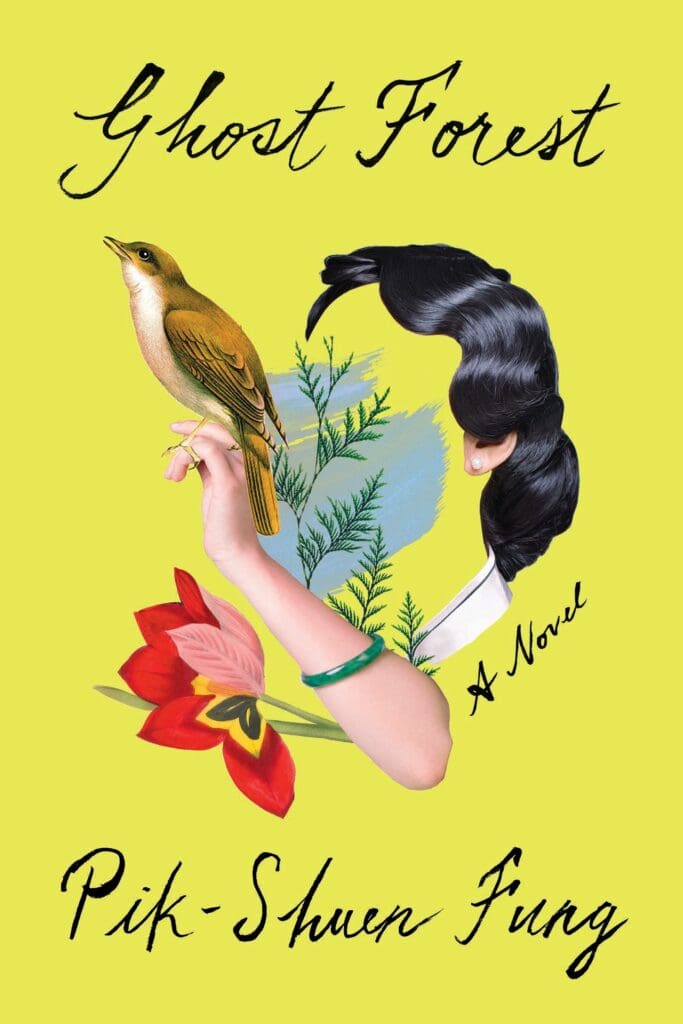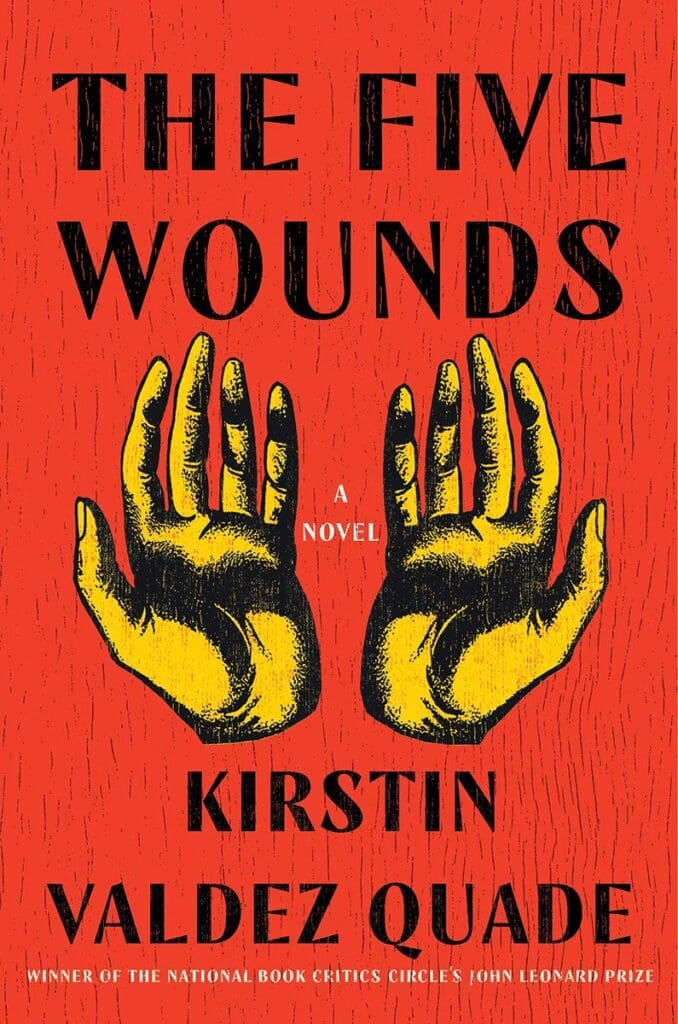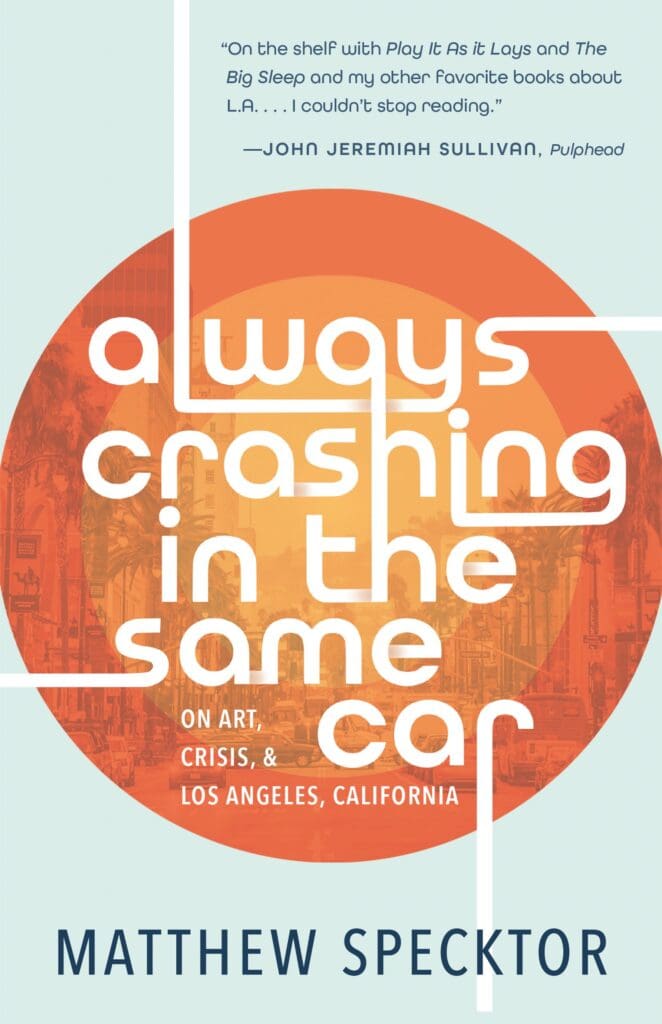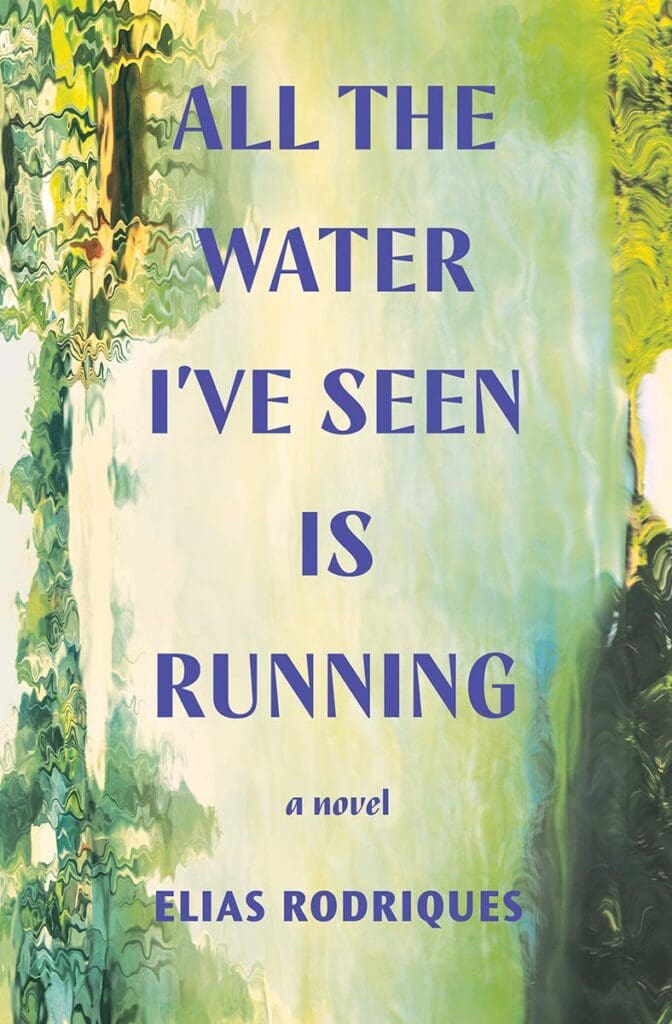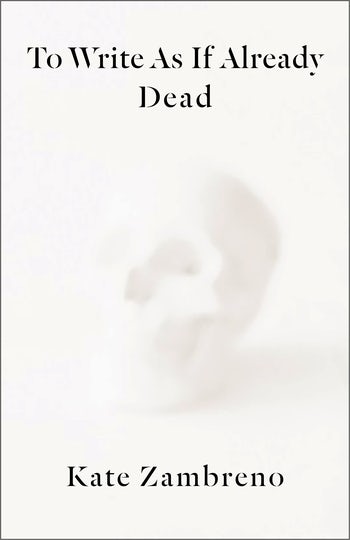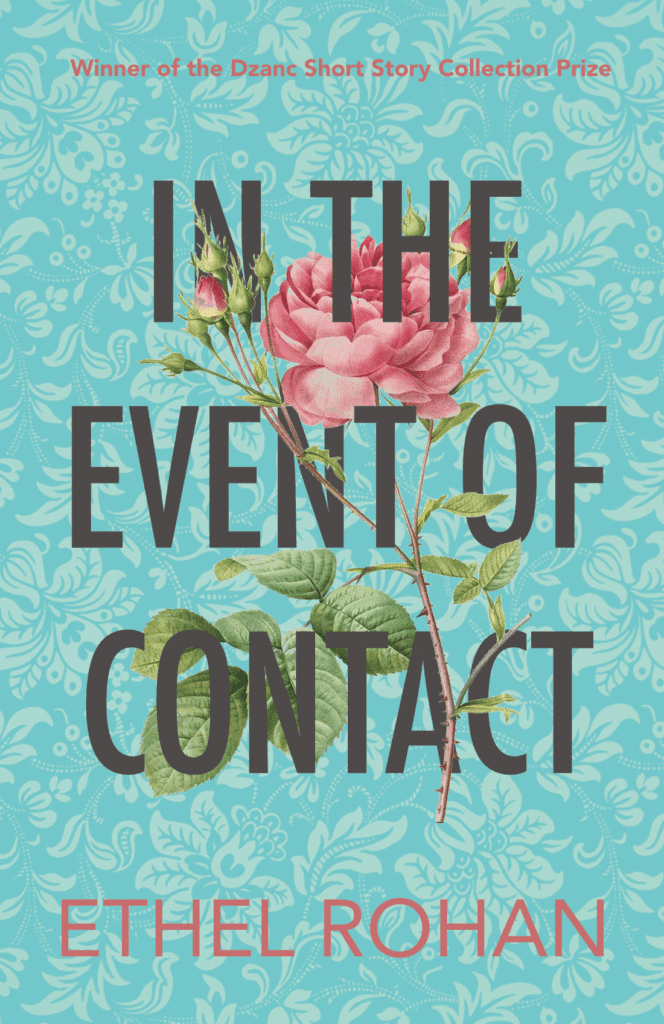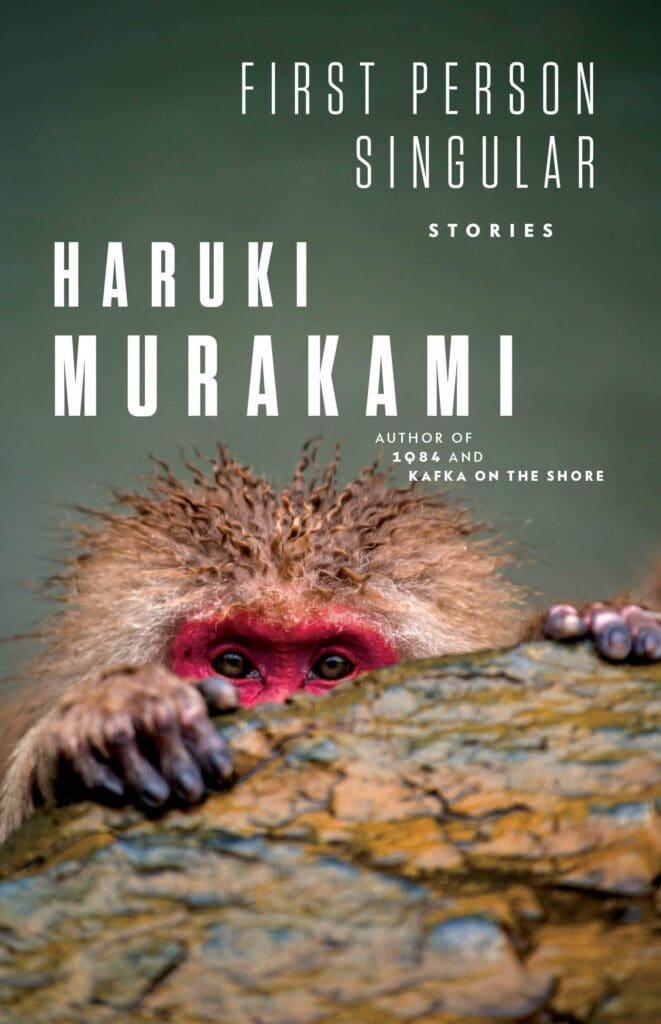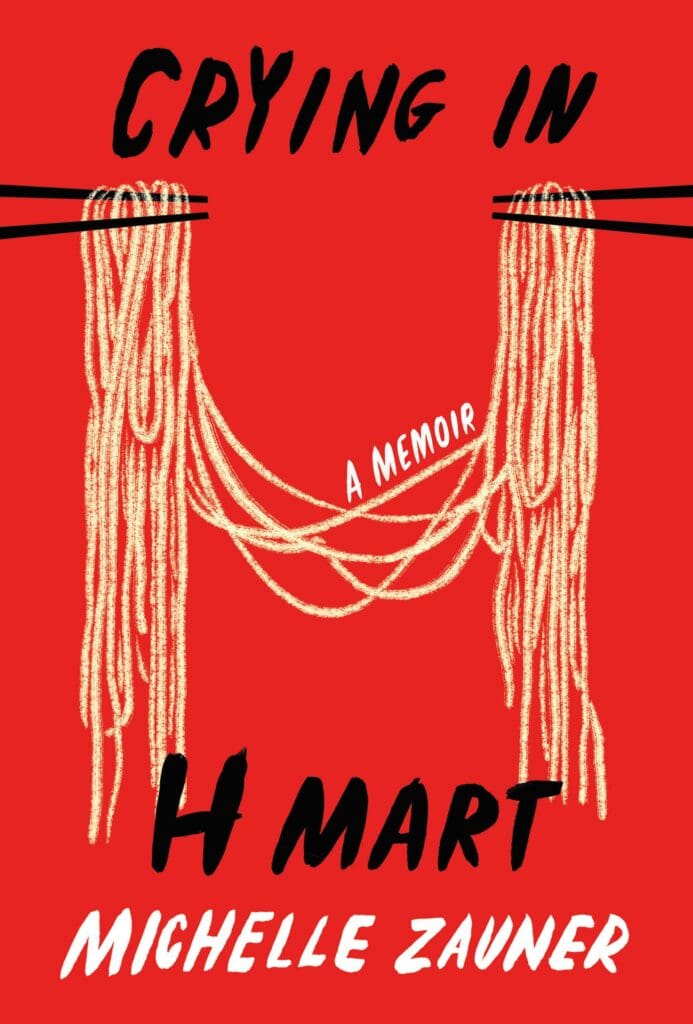In her famous essay, “The Laugh of Medusa,” French literary critic, poet, playwright, and philosopher Hélène Cixous discusses the role of feminism in authorship: “Woman must write her self: must write about women and bring women to writing, from which they have been driven away as violently as from their bodies–for the same reasons, by the same law, with the same fatal goal.” Kendra DeColo and Tyler Mills harness Cixous’ sentiment, tapping their experiences bringing women to writing in their poetry collection Low Budget Movie (40 pages; Diode Editions). Through the voice of a singular speaker, the authors traverse the […]
‘Low Budget Movie’ by Kendra DeColo & Tyler Mills: Pushing Back Against The Norm
by Anna DeNelsky


